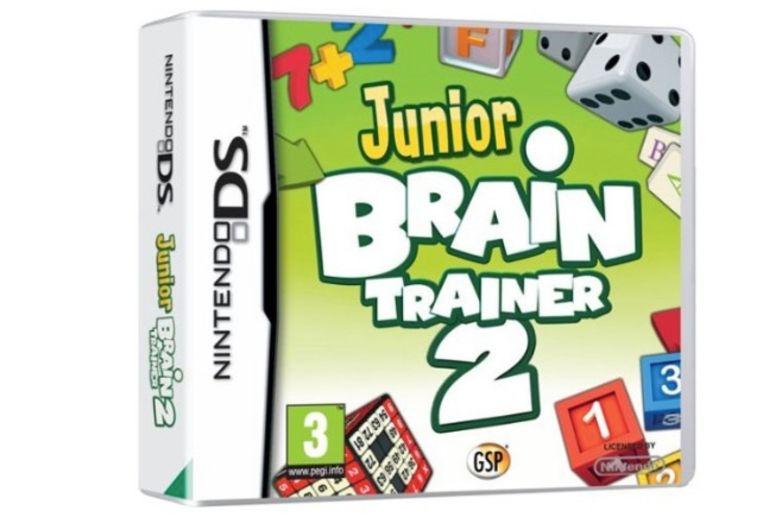Today is video game day: why it’s good if your child plays regularly

There are many prejudices about young people who play video games. Those who regularly play a bloody action game would be more aggressive; those who spend hours behind the game console are just lazy. However, research shows that gaming is not nearly as bad as we often think.
Most video game research that has been conducted to date has focused on cognition. Correlation studies showed that young people who regularly play games have a higher IQ on average and perform better on a wide range of cognitive tests than non-gamers.
In a recent article from 2018 in Psychological Bulletin, a psychological and sociological researcher at the University of Geneva Benoit Bediou and his colleagues reviewed all the current research they could find regarding the cognitive effects of playing video games.
They examined 89 correlational studies (which related the average number of hours that someone plays games to specific cognitive skills) and 22 intervention studies (real experiments, in which non-gamers were asked to play video games for a number of hours per week and where their cognitive progress or decline was compared with that of a group of non-gamers). That analysis revealed a strong positive relationship between playing video games and developing good spatial insight.
It is of course, also correct that different video games train different mental skills. Action games, for example, train your reflexes, and strategic role ensure that your problem-solving skills will be better developed.
Although most video game research has been conducted among teenagers or young adults, there is also a large-scale study into the influence of gaming on children between 6 and 11 years old. For this study, 3195 children and their parents estimated the average number of hours per week that they were playing and parents and teachers then completed questionnaires about the intellectual, social and emotional skills of the child in question.
The primary finding was that children who played five or more hours a week performed significantly higher intellectually, achieved higher academic performance, maintained better social relationships with other children, and exhibited fewer mental health problems than those who played such games less or not at all.
Four games that are educational and fun
Minecraft

Minecraft: a kind of digital sandbox, in which the player can build or destroy whatever he or she wants. Minecraft is particularly educational because the game not only requires creativity to make buildings but also stimulates the child’s spatial insight and problem-solving skills.
Nintendo Labo VR package

Nintendo Labo: A playset that combines crafting with gaming, thus creating a whole new gaming experience. Before you can get started with the game itself on the Nintendo Switch, you must first roll up your sleeves and do the tinkering. Tinkering – depending on the degree of difficulty of the project and the skill of the child – takes a few tens of minutes to a few hours. A time that your child does not spend aimlessly looking at a screen, but does it nicely.
Junior Brain Trainer 2

Junior Brain Trainer 2: This game wants to make math exercises fun. Junior Brain Trainer combines math training with an adventurous storyline. In this game, the player is locked up in the mysterious flying laboratory of a mad scientist. To escape, children must solve a series of challenging math and logic games.
Super Mario Maker 2

Super Mario Maker 2: In this game, the player builds his levels. That in itself is great fun, but it also offers children the opportunity to discover how the technology behind such a video game works.




